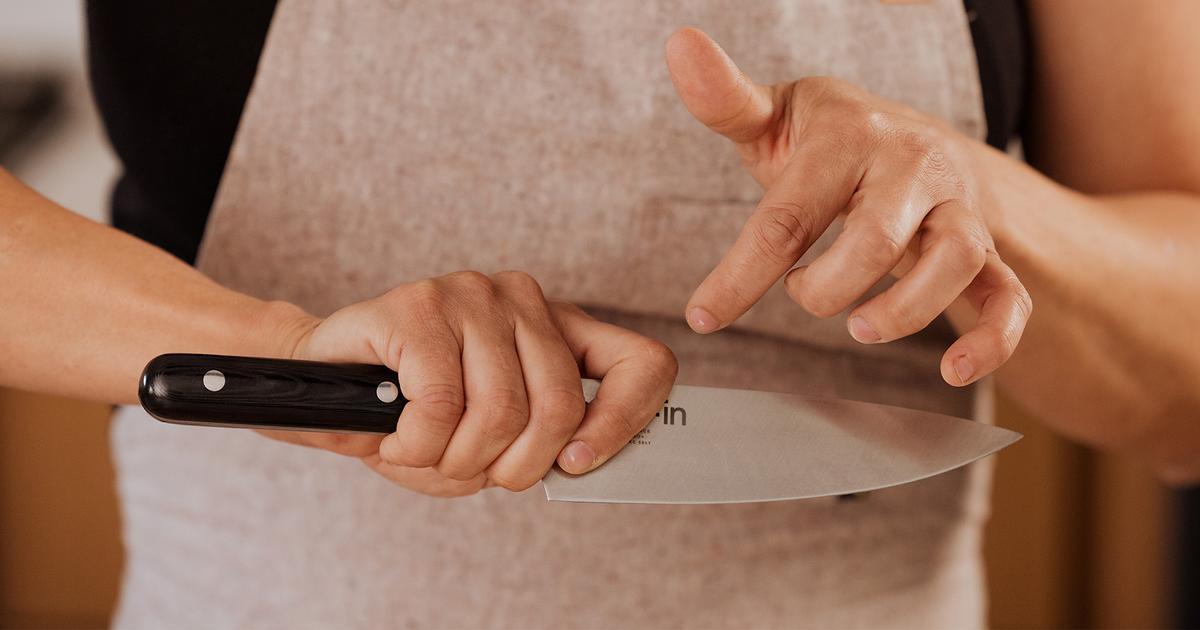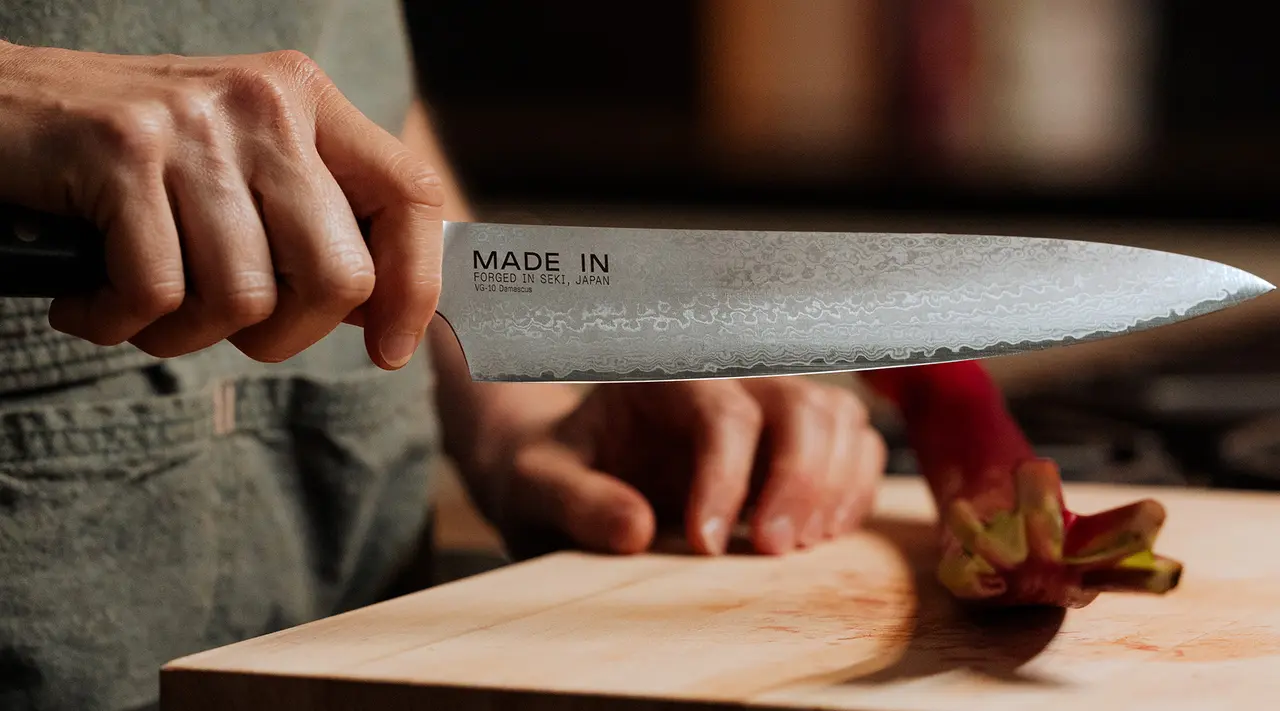In the world of culinary arts, the tools of the trade are as crucial as the skills themselves. For kitchen professionals, a well-maintained knife is not just a tool but an extension of their craft. Amongst the most revered blades are German knives, known for their precision and durability. However, to keep them in top-notch condition, understanding the intricacies of German knife polishing tips is essential.

The Importance of Knife Polishing
Knife polishing is more than just a cosmetic endeavor; it is a fundamental aspect of knife maintenance that ensures longevity and performance. Regular polishing removes stains, prevents rusting, and maintains the blade's sharpness. For German knives, which are often crafted from high-carbon stainless steel, this practice is even more crucial.
Understanding German Knife Construction
Before diving into the specifics of polishing, it's essential to understand what sets German knives apart. Typically, these knives are heavier and thicker than their Japanese counterparts, offering a robust feel and excellent durability. The blades are forged from a single piece of steel, providing strength and balance, which is why understanding how to polish them correctly is vital for maintaining their integrity. For more on the differences between German and other knives, check out this comparison of German vs French knives.
Essential Tools for Polishing
Having the right tools is the first step in the polishing process. Here are some essentials:
- Polishing Cloth: A soft, non-abrasive cloth is ideal for applying polish and buffing the blade.
- Polishing Compound: A quality metal polishing compound will help in removing tarnish and restoring shine.
- Leather Strop: This tool is useful for honing the edge and adding a final polish to the blade.
Investing in quality tools not only makes the process easier but also ensures the best results. You can explore more about investing in the best tools in this unboxing guide for German knives.
Step-by-Step Polishing Process
Now, let's delve into the step-by-step process of polishing your German knife:
Step 1: Cleaning the Blade
Begin by thoroughly cleaning the knife with warm water and mild detergent. This removes any residual food particles and grease, which can interfere with the polishing process.
Step 2: Applying the Polishing Compound
Apply a small amount of the polishing compound onto the cloth. Gently rub the compound into the blade using circular motions, focusing on areas that are more tarnished or stained.
Step 3: Buffing the Blade
Once the compound is applied, use a clean section of the cloth to buff the blade. This process should be done with care, ensuring that the blade is shiny and free of any residual compound.
Step 4: Honing the Edge
Finally, use a leather strop to hone the edge of the knife. This not only sharpens the blade but also adds a final polish, enhancing its sharpness and shine.
Maintaining Your German Knife
Polishing is just one aspect of knife maintenance. Regularly honing and sharpening your knife will keep it performing at its best. Consider establishing a routine that includes both sharpening and polishing to ensure your knife lasts a lifetime. This maintenance routine offers more insights.
Common Mistakes to Avoid
Avoid using abrasive materials or harsh chemicals, which can damage the blade's surface. Additionally, never use a dishwasher for cleaning, as the high temperatures and detergents can harm the blade and handle.
For those interested in the history and craftsmanship of German knives, this detailed history of German knife making offers fascinating insights.
Conclusion
Mastering the art of German knife polishing is an invaluable skill for any kitchen professional. It not only enhances the aesthetic appeal of your knives but also ensures they perform at their peak. With regular care and attention, your German knives will remain a reliable companion in all your culinary endeavors.

FAQs
Why is regular polishing important for German knives?
Regular polishing prevents rust, maintains sharpness, and enhances the knife's overall appearance, ensuring it remains in top condition.
Can I use any polishing compound on my German knife?
It's essential to use a compound specifically designed for metal. Avoid household cleaners that may be abrasive or corrosive.
How often should I polish my German knife?
For frequent use, polishing every few months is recommended, while less frequently used knives may only need polishing twice a year.


























